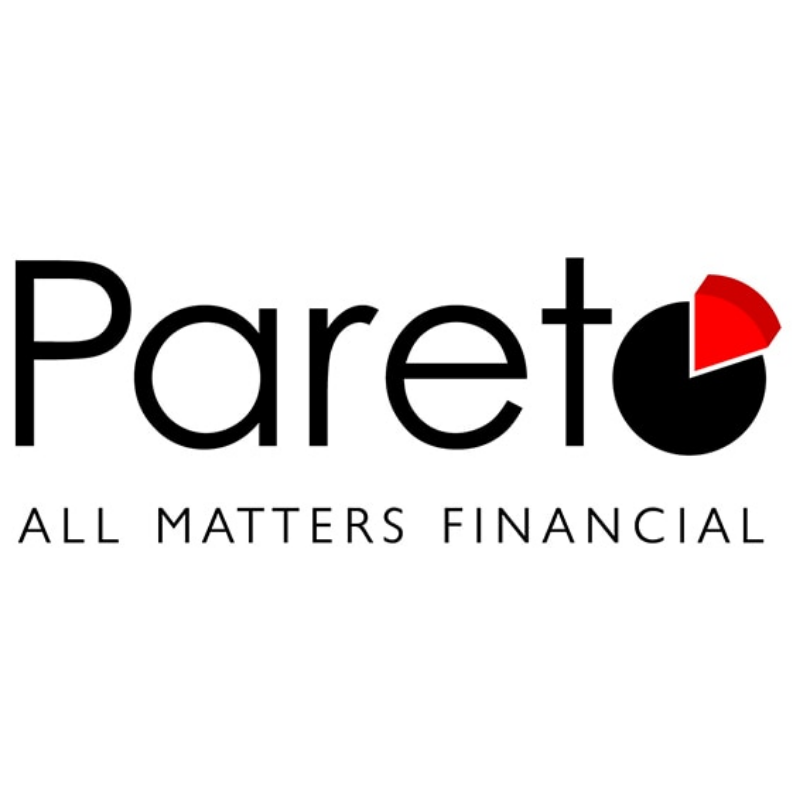
Retirement planning: to consolidate or not?
26th August 2025, 2:22 pm
Pension consolidation is compelling for those seeking an organised and coherent approach to retirement planning. With an astonishing £31.25 billion tucked away in dormant pension pots, the appeal of regaining control and optimising these funds is clear.
If you’re trying to keep tabs on multiple pension pots, scattered across different providers, combining them offers plenty of advantages – including making everything that much easier for you to manage. And if your existing plans come with high fees, the switch to a single, streamlined plan could even improve the health of your pension fund.
Pensions are essential for a stress-free retirement, and merging multiple pots is growing in popularity. But is consolidation the best approach for you?
The appeal of the one pension plan
When it comes to pensions, many people like to keep things simple. By consolidating pensions you can say goodbye to the administrative complexities, from your investment options to account charges associated with managing multiple accounts. A single pension fund also simplifies the process of designating beneficiaries, ensuring a clear and straightforward path for your loved ones to receive intended benefits.
It’s also worth noting that modern financial tools and systems offer enhanced affordability and versatility in pension management. Historical pension plans, which many individuals still hold, often carry heftier fees and overheads. Consolidation offers a way out from older, pricier plans, leaving more money in your pension and the opportunity to improve the overall return on your investment.
The risks of single provider reliance
Merging pension pots can be useful for streamlining and simplifying your pension funds. But what if your current pension plans offer great benefits? Perhaps you have guaranteed annuities, benefits for your spouse, or early retirement options. Consolidating your pensions could mean giving these benefits up.
Other considerations include potential exit penalties, tax implications associated with consolidating pensions, and the broader question of diversification. If you currently have a wide range of funds, simplifying through consolidation could limit your investment avenues, which you might find restrictive. Centralising your retirement savings with a single entity could also inadvertently increase your exposure to risk.
Ultimately, you will need to critically assess whether a new consolidated structure aligns with your financial aspirations.
Future planning
To consolidate your pensions or not? It’s not a simple black-and-white decision but one that demands a balanced perspective. If the weight of managing multiple pensions feels burdensome, consolidation can offer some much-needed simplicity. But diving straight in without considering the full implications on your pension health might lead to unforeseen challenges.
It’s important to remember that there are only three ways to enhance the value of your pension fund: increasing contributions, optimising investment returns and reducing associated charges. There’s no hard-and-fast rule that says consolidating (or not) will guarantee you these three things.
Understanding and navigating pensions is a challenge, but with the right guidance and a considered approach, thinking about your future planning, retirement and beyond needn’t be a laborious or painful task. It’s an opportunity to take control of your financial future, while taking into consideration the specific terms of your existing pension plan and long-term financial goals.
Whether you choose to consolidate your pension or maintain multiple pots, the end goal should be the same: to ensure a comfortable and secure retirement.
Disclaimer
Pensions are a long-term investment. Your eventual income will depend on several factors, including the value of your fund when you decide to take benefits and the choices you make at retirement. The value of your pension can fall as well as rise, and you may get back less than you have paid in. Past performance is not a reliable guide to future results.
This provides general information and should not be taken as personal financial advice. Everyone’s situation is different – please speak to a qualified financial adviser before making any financial decisions.
While we aim to ensure the information provided is accurate and up to date, we cannot guarantee its accuracy in the future. We are not responsible for any loss caused by decisions made based on this content.
Tax rules, rates, and reliefs can change. How they affect you will depend on your personal circumstances. The Financial Conduct Authority (FCA) does not regulate estate planning, trusts, wills or tax advice.
Pareto Financial Planning Ltd is authorised and regulated by the Financial Conduct Authority.
Why PR and BD should stop working in silos